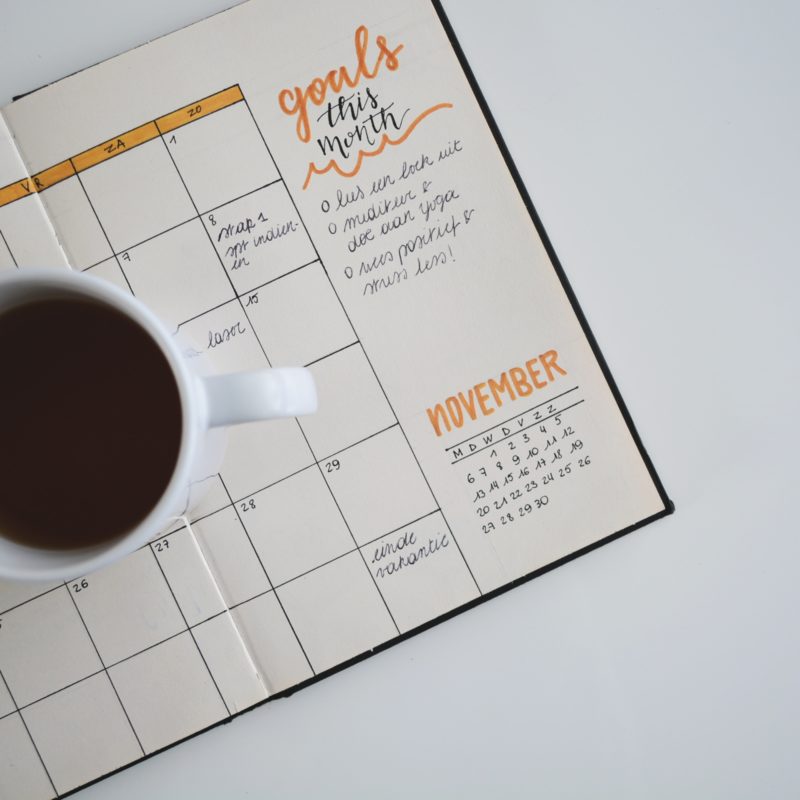“Breath is the bridge which connects life to consciousness,
which unites your body to your thoughts.
Whenever your mind becomes scattered,
use your breath as the means
to take hold of your mind again.”
-Thich Nhat Hanh* , The Miracle of Mindfulness: An Introduction to the Practice of Meditation
Years ago, while studying with a professor at NYU who was looking at brains scans of monks, I decided to stay for a few months at various monasteries. One of them was Deer Park - under the guidance of Thich Nhat Hanh. It was an eye-opening experience. We engaged in many meditation and mindful breathing practices.
Having control over our attentional systems is the most important element we can possibly have in order for any other kind of progress or technique to work.
One way we can work these attentional systems is to focus on our breath. Even if it is fast initially, there is still a rhythm to it, and it is always with us. This makes it an ever-present tool for improving our attentional control. Focusing on this and using our voluntary somatic nervous system tools to extend it or slow it down also works inhibitory control networks. These are critical for emotion regulation.
Noticing something rhythmic and steady is one of the ways we can regulate our internal state because it induces brainwave activity related to relaxed, open awareness.
Sometimes shallow and fast breathing is related to anxious thinking. While there are often deeper roots to our anxiety related to our experiences and beliefs we have about ourselves,* breathing is our first step to gaining more control over our attentional focus.
*(I cover this in my book, and we will also look at how our beliefs can be influenced by our attachment experiences in the December 5 seminar).
Learn more about the science of mindful breathing in this short video (2:49)
|
Stefanie Faye
Human Systems Intelligence & Resilience
Coach, Consultant and Workshop Facilitator
stefaniefaye.com
|
*please note that the suggestions and exercises offered in these videos are not offered as a substitute for professional mental health care or medical care and are not intended to diagnose, treat or cure any mental health or medical conditions.



